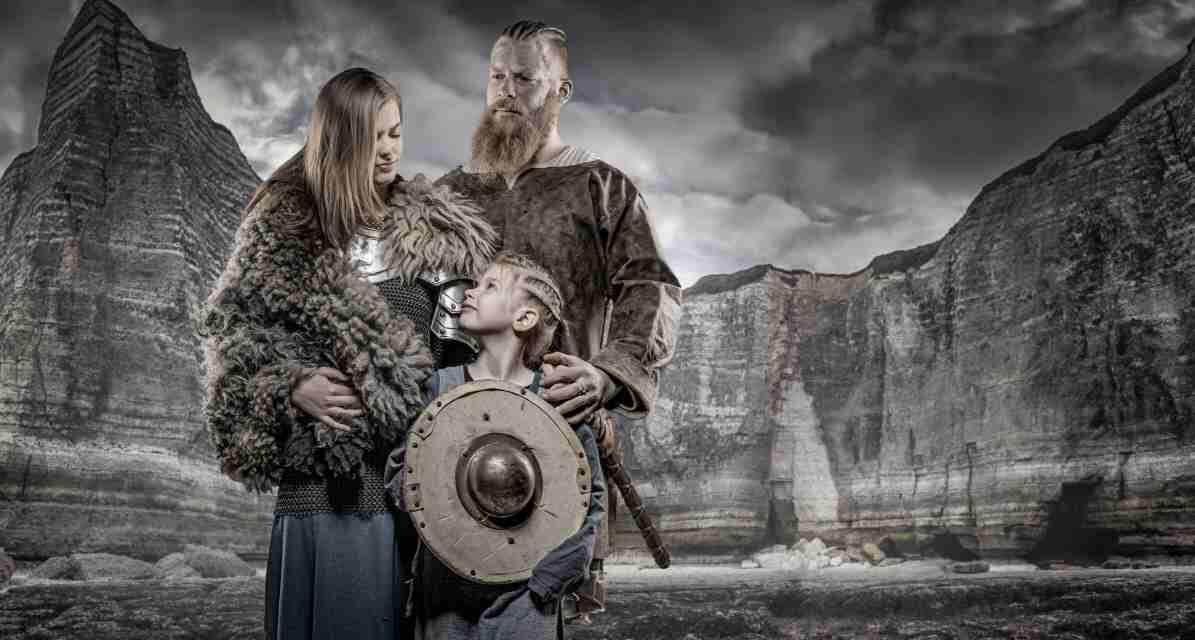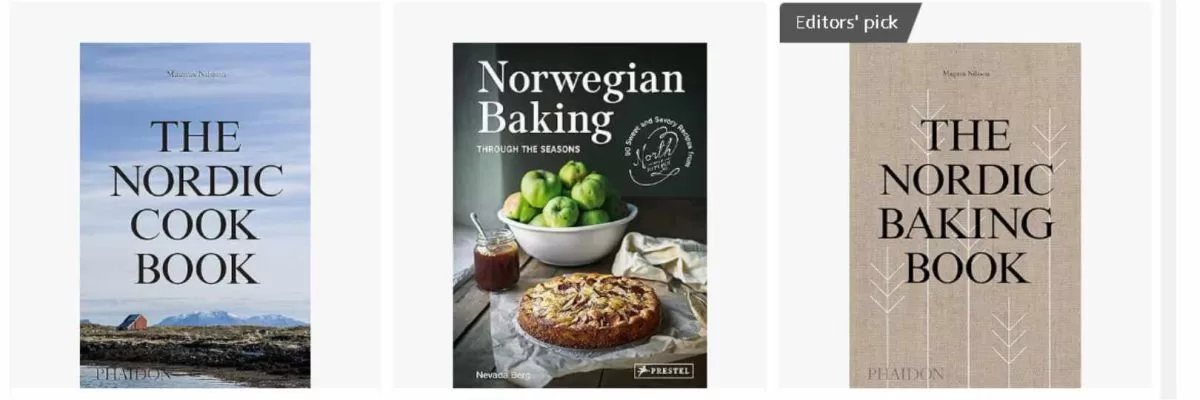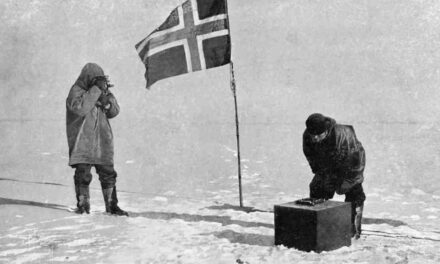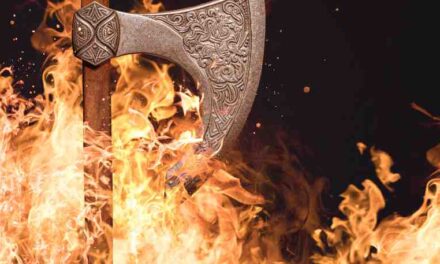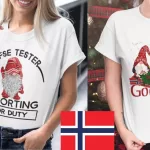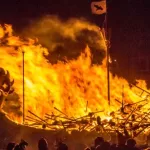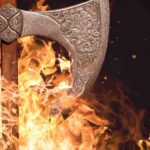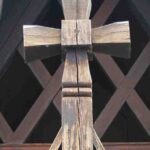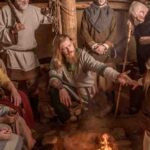Viking names have a mystique that echoes through the halls of history, representing the fierce and adventurous spirit of the Norse people. In this article, we embark on a journey to explore the captivating world of Viking names, unraveling their meanings, origins, and significance in Norse culture. Discover the power and allure of these ancient monikers that continue to fascinate and inspire to this day.
The Importance of Names in Viking Culture
In Viking society, names held great significance and were more than mere labels. They represented a person’s identity, heritage, and often embodied qualities or aspirations. Naming a child was a matter of great importance, with names chosen to honor gods, ancestors, or to reflect desired characteristics.
Common Themes in Viking Names
Viking names often drew inspiration from nature, mythology, and heroic tales. Many names were derived from Norse gods and goddesses, such as Thor, Freya, or Odin. Others were rooted in the natural world, reflecting the power of the elements like Bjorn (bear) or Runa (secret lore). Heroic feats and virtues were also celebrated through names like Sigurd (victory) or Astrid (divinely beautiful).
Regional and Cultural Variations
Viking names varied across regions and cultures, reflecting the diversity within the Norse society. Names in Norway differed from those in Sweden or Denmark, showcasing the unique cultural influences and linguistic nuances of each region. Additionally, social status and family lineage played a role in naming conventions, with aristocratic families often using specific naming patterns.
Modern-day Influences and Revival
While Viking names may have fallen out of common usage over the centuries, their legacy continues to captivate modern imaginations. In recent years, there has been a resurgence of interest in Viking names, with parents seeking to honor their Norse heritage or simply drawn to the strength and uniqueness of these ancient monikers. As a result, Viking names are finding their way back into contemporary society, breathing new life into a rich cultural tradition.
Exploring Viking Names Today
For those curious about Viking names, there are numerous resources available to explore this fascinating realm. From historical texts and sagas to online databases and name generators, enthusiasts can immerse themselves in the vast array of names and their meanings. Many Viking names have been adapted into various languages, making them accessible and adaptable for modern usage.
Here are the top 10 most popular female Viking names:
- Freya: Derived from the Norse goddess of love, beauty, and fertility.
- Ingrid: Meaning “beautiful” or “fair,” this name represents grace and strength.
- Astrid: Translating to “divinely beautiful,” Astrid embodies timeless elegance.
- Sigrid: A name associated with victory and strength, symbolizing a formidable warrior.
- Helga: Meaning “holy” or “blessed,” Helga represents sacredness and divine protection.
- Freydis: Inspired by the fierce shieldmaiden Freydis Eiríksdóttir, known for her bravery.
- Gudrun: Symbolizing wisdom and knowledge, Gudrun signifies a woman of great intellect.
- Sigrun: Combining the words for “victory” and “rune,” Sigrun signifies a victorious warrior.
- Brynhild: A legendary Valkyrie known for her courage and defiance, embodying resilience.
- Ragnhild: Meaning “battle advice” or “counsel in battle,” Ragnhild represents strategic wisdom.
And here are the top 10 most popular male Viking names:
- Ragnar: Derived from the Old Norse word for “warrior” or “judgment,” Ragnar signifies strength and leadership.
- Erik: Translating to “eternal ruler,” Erik represents authority and noble heritage.
- Leif: Meaning “descendant” or “heir,” Leif embodies the legacy and heritage of one’s ancestors.
- Harald: Signifying “ruler” or “leader,” Harald represents a commanding presence and power.
- Bjorn: Derived from the word for “bear,” Bjorn symbolizes strength, courage, and protection.
- Gunnar: Meaning “warrior” or “battle,” Gunnar embodies the spirit of a skilled and fierce fighter.
- Olaf: Derived from the Old Norse elements for “ancestor” and “relic,” Olaf represents ancestral heritage.
- Ivar: Symbolizing “archer” or “warrior,” Ivar reflects agility, precision, and combat prowess.
- Håkon: Meaning “noble” or “high-born,” Håkon signifies an individual of aristocratic lineage.
- Sigurd: Associated with victory and strength, Sigurd represents a brave and triumphant warrior.
Whether seeking inspiration for naming a child or simply fascinated by the rich history and symbolism of Viking names, these top 10 Viking names provide a glimpse into the enduring popularity and allure of Norse naming traditions.


